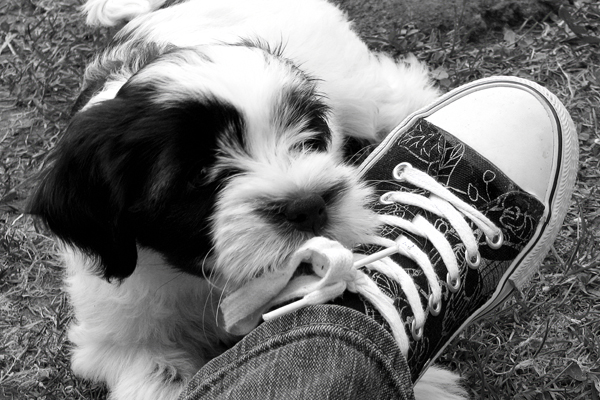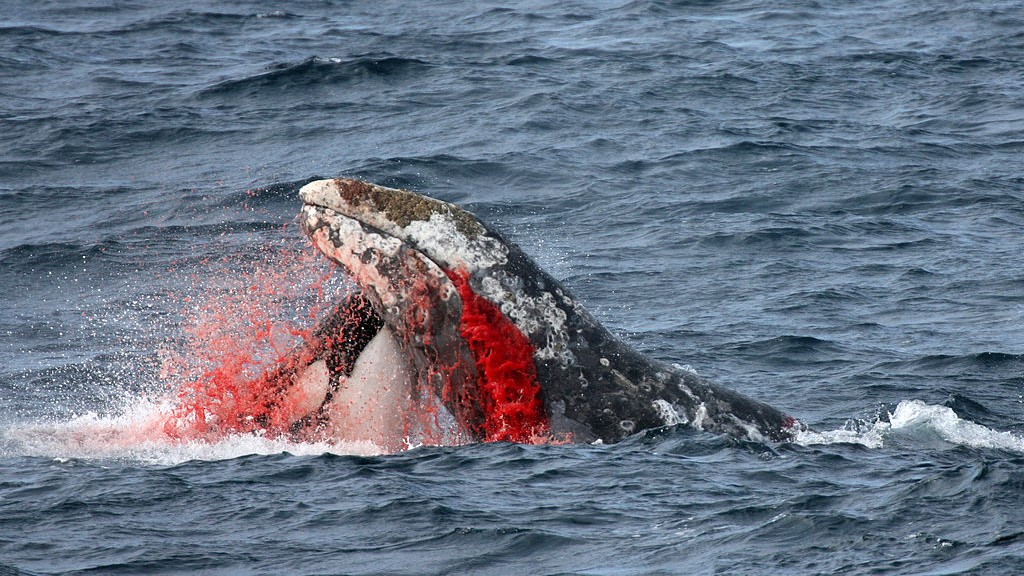Dogs That Eat Rotten Toes: Altruistic, or Just Plain Hungry?

Last August, a Jack Russell terrier in Michigan made headlines by chewing off one of his owner's toes as the man lay passed out in a drunken stupor. At the hospital the next morning, doctors discovered that the man had diabetes, his toe was completely rotten, and little Kiko’s actions may have saved his owner's life.
A strange story, indeed. But not so strange that it didn’t happen again. Two weeks ago, on March 2, a diabetic Oregon man's dog also chewed off his numb and gangrenous toes – this time, three of them – while he slept. According to Lee Bartholomew, the local animal control deputy, the dog was "acting on its instinct to help remove diseased flesh."
But do dogs really have an instinct that tells them to amputate the nasty and harmful flesh of their masters? Or, on the contrary, are they just opportunists waiting for the day your body parts go numb so they can gobble them up as a midnight snack? More than 77 million dogs are kept as pets in the United States; it's a question worth asking.
"I've had an interest in this kind of thing for a long time," Nicholas Dodman, a leading veterinary behaviorist and professor at the Cummings School of Veterinary Medicine at Tufts University, told Life's Little Mysteries. Dodman has written five books on dog and cat behavior, including the best-seller “If Only They Could Speak” (W.W. Norton & Co. 2002).
"Sometimes dogs might appear to be altruistic, but it's a very difficult thing to prove. The fact of the matter is, the necrotic toe probably smelled of things attractive to the dog — they eat dead things — and it just appealed," Dodman said. "I don't think it was altruistic. It wasn't that he knew it was rotting and tried to help the owner."
It was just smelling, and eating. "A dog's sense of smell is absolutely outstanding," Dodman said. "According to some sources, dogs have a billion smell detectors in their noses, compared to our 12 million. Scent hounds have even more, and can even smell the difference between identical twins.
“They can certainly smell when something is odd, whether it’s a rotting toe or a tumor. This particular dog (Kiko) happened to chew away at this thing that smelled different. But after all, it was flesh.
Get the world’s most fascinating discoveries delivered straight to your inbox.
"There was no response to the chewing from the comatose person," Dodman added. So the dog kept on chewing. The dogs weren't misbehaving on purpose — in fact, a recent study showed that dogs probably don't understand misbehavior as a separate concept from punishment. Because the toe-eating dogs weren't being punished, they weren't feeling guilty. They were just hungry.
Dead people are, of course, least responsive of all. "If someone with a pet dies in their home, there's not an unreasonable chance that the dog will eat part of that person," Dodman said.
Natalie Wolchover was a staff writer for Live Science from 2010 to 2012 and is currently a senior physics writer and editor for Quanta Magazine. She holds a bachelor's degree in physics from Tufts University and has studied physics at the University of California, Berkeley. Along with the staff of Quanta, Wolchover won the 2022 Pulitzer Prize for explanatory writing for her work on the building of the James Webb Space Telescope. Her work has also appeared in the The Best American Science and Nature Writing and The Best Writing on Mathematics, Nature, The New Yorker and Popular Science. She was the 2016 winner of the Evert Clark/Seth Payne Award, an annual prize for young science journalists, as well as the winner of the 2017 Science Communication Award for the American Institute of Physics.



